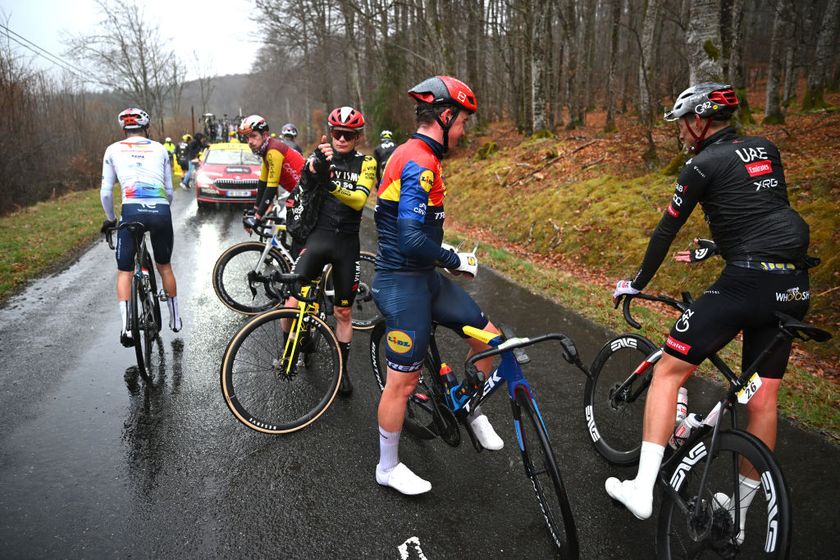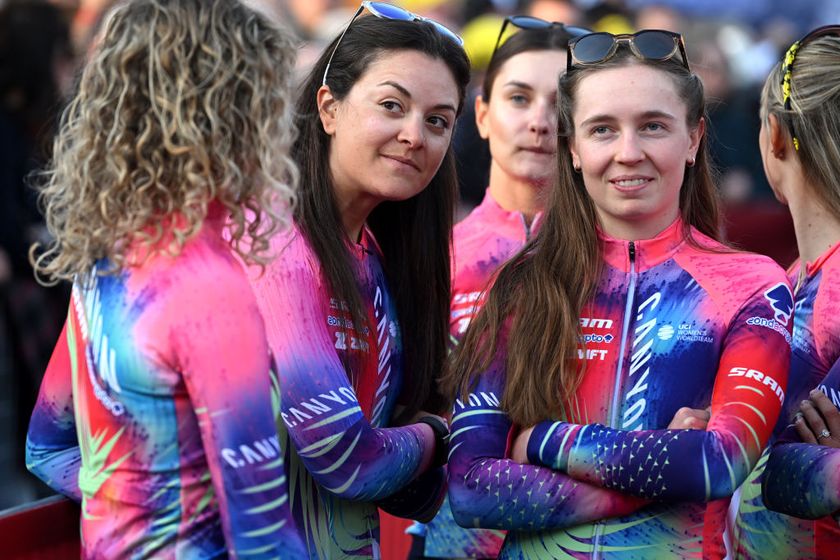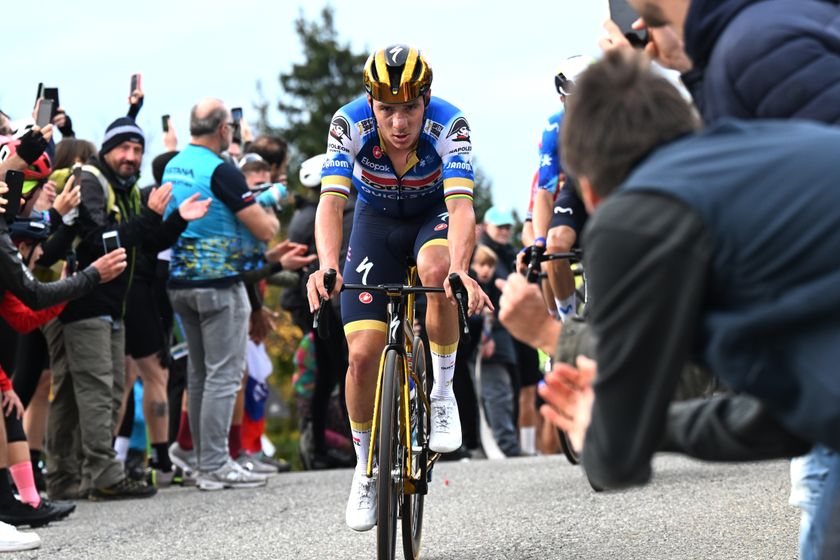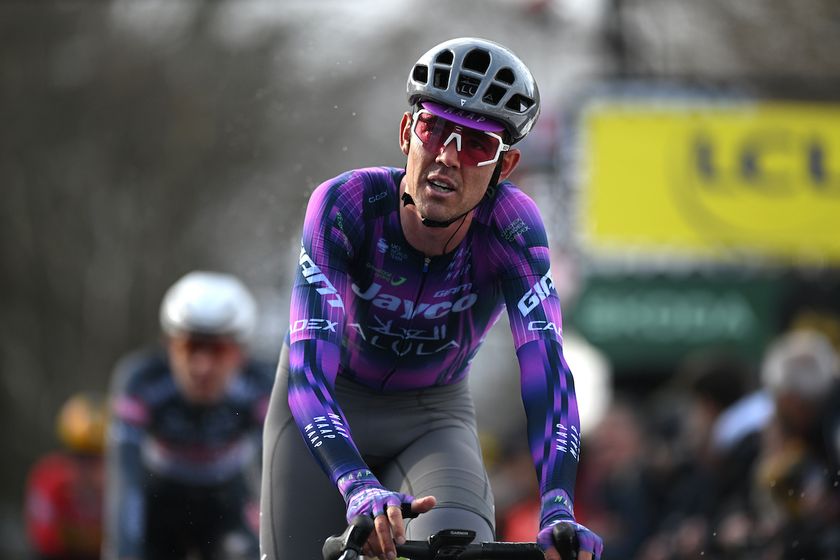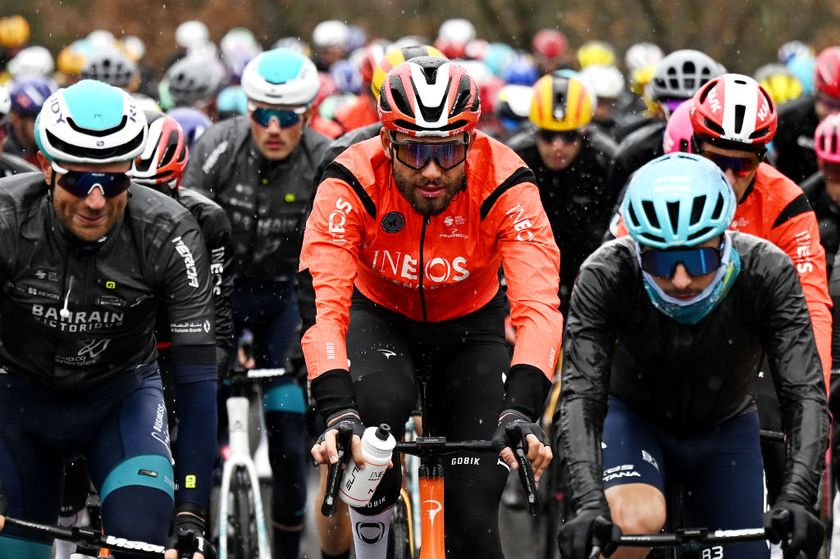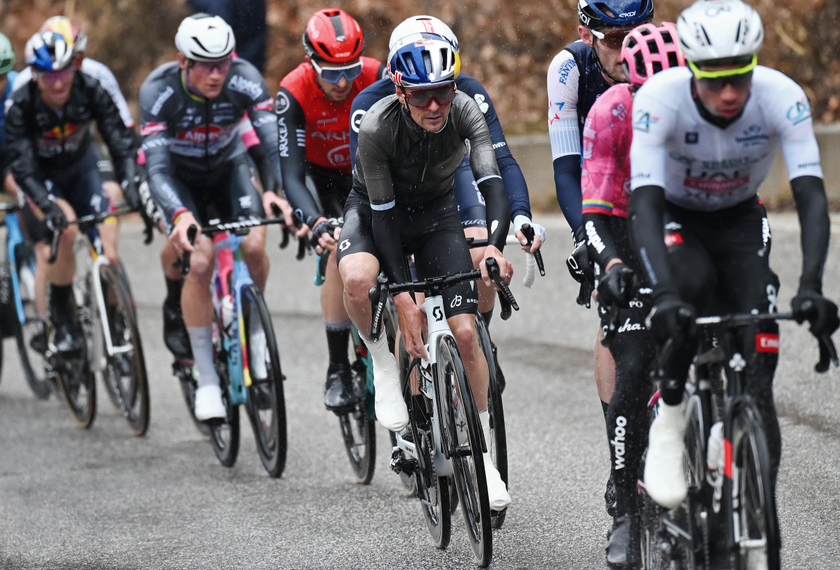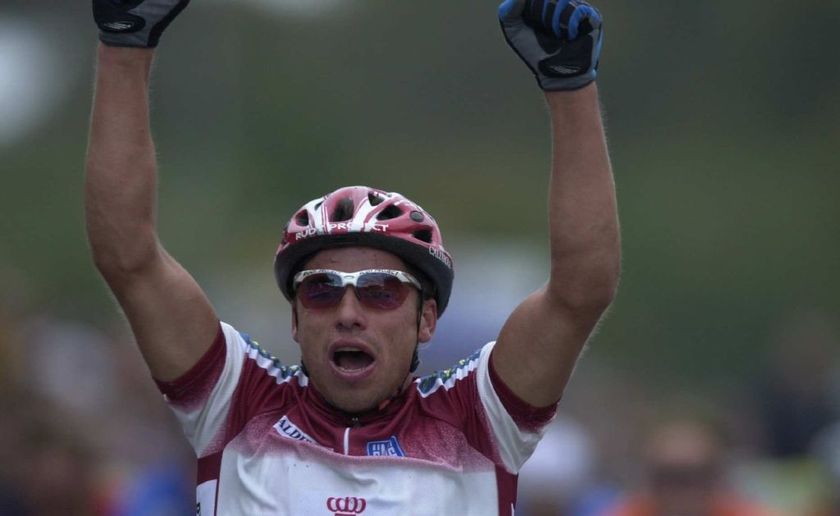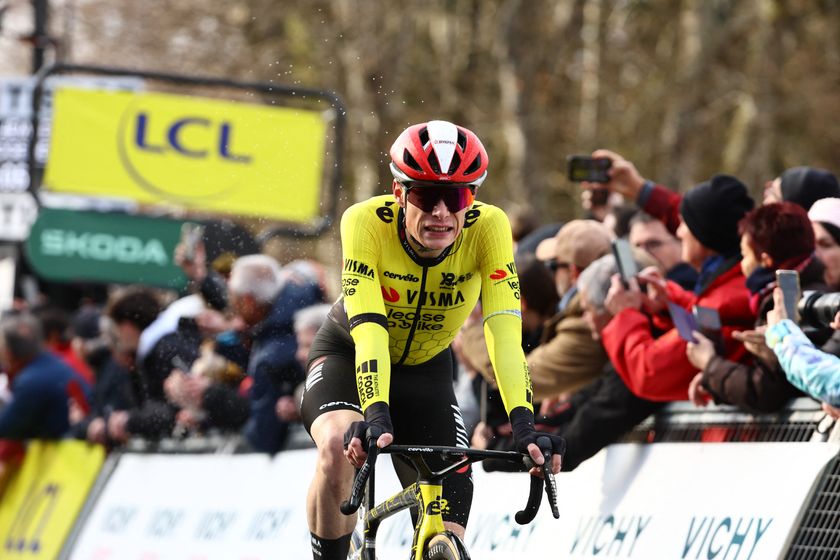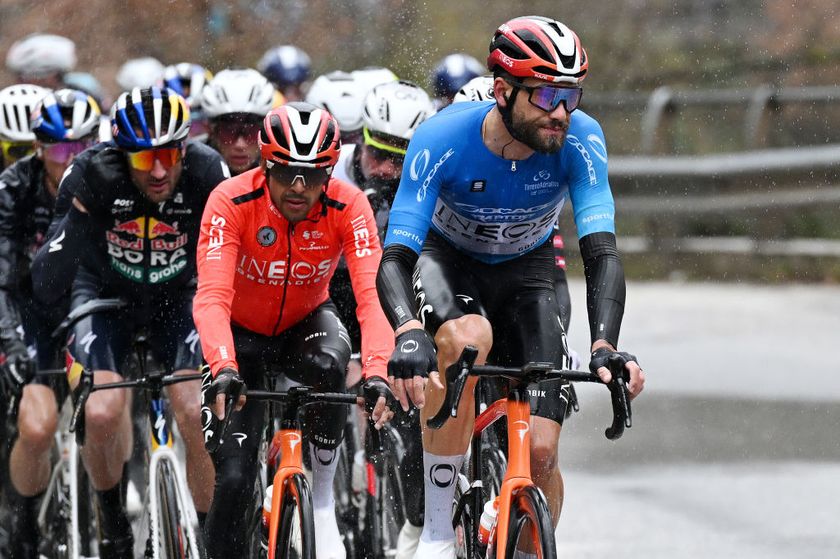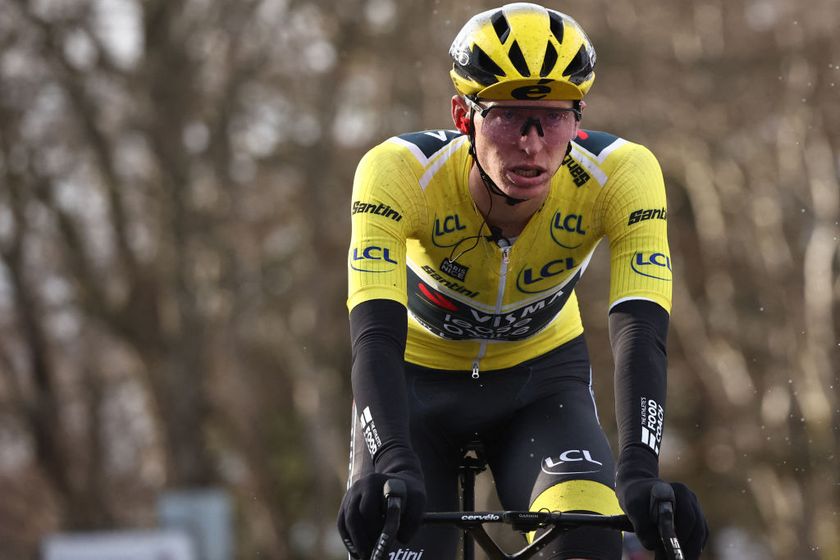Court of Arbitration confirms Nairo Quintana's Tour de France tramadol disqualification
Quintana loses appeal after CAS upholds blood tests revealed use of pain killer
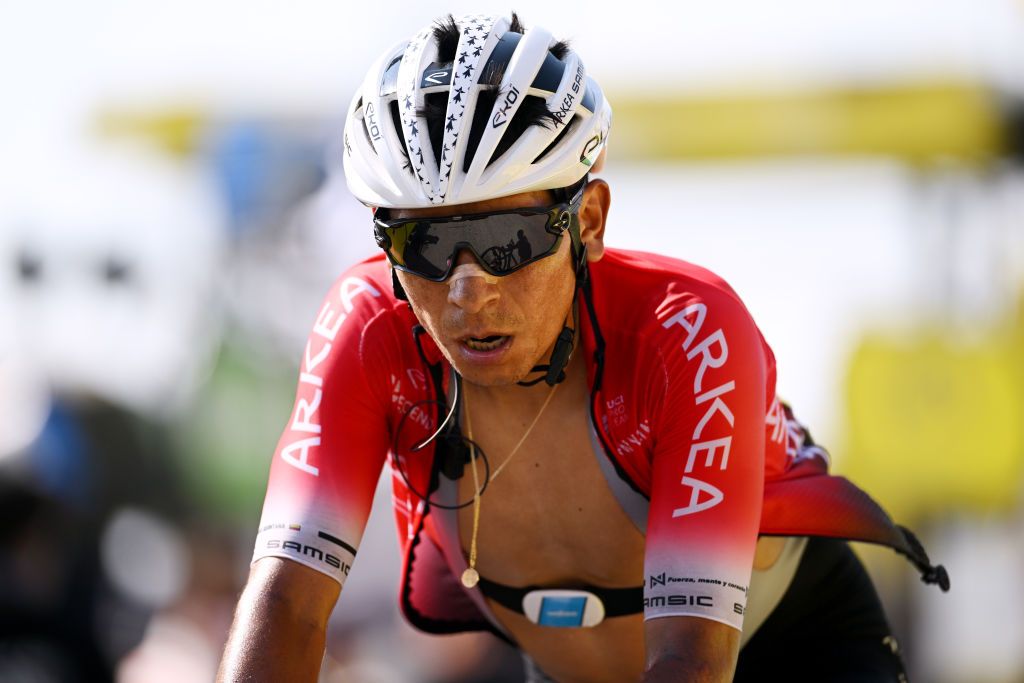
The Court of Arbitration of Sport (CAS) has upheld the UCI’s decision to disqualify Nairo Quintana from the 2022 Tour de France, confirming his in-race positive tests for the painkiller tramadol.
The Colombian finished sixth overall but has lost those results. However he will not be banned for a first offence, as tramadol cases are only considered offences under the UCI Medical Rules and do not constitute an Anti-doping Rule Violation. WADA is set to ban tramadol from 2024.
Quintana had appealed to CAS in a bid to get the UCI’s decision overturned and his results from the race restored.
Quintana recently announced he has terminated his contract with Arkea-Samsic and has still to reveal his team for 2023.
A CAS statement released on Thursday says that “the [CAS] Panel deliberated and determined that the UCI’s in-competition ban on tramadol was for medical rather than doping reasons and was therefore within the UCI’s power and jurisdiction.”
The painkiller is not classified as a performance-enhancing drug but has been banned by the UCI since March 2019. Riders returning a positive result for the substance during a race via a blood droplet test are disqualified, while a second offence carries a five-month ban. WADA has recently announced that tramadol will become a banned substance from 2024.
CAS said in their statement that they were “comfortably satisfied” that tramadol had been found in Quintana’s Tour de France samples. Decisions by CAS are final and cannot be appealed. A full version of the verdict is set to be published in due course.
Get The Leadout Newsletter
The latest race content, interviews, features, reviews and expert buying guides, direct to your inbox!
Quintana has categorically denied any wrongdoing throughout the proceedings, but his hopes that he would be cleared have now been dashed, in what constitutes a major blow for one of modern-day cycling’s best-known climbers and one of South America’s most popular athletes.
The news that Quintana would be disqualified from the Tour de France broke during the final countdown to the Vuelta a España, where the 32-year-old multiple Grand Tour winner was set to take part for his Arkea-Samsic team.
After Quintana decided barely a day before the Vuelta start that he would not take part, Quintana and the French squad have now parted ways. The Colombian had been due to continue racing for Arkea-Samsic, which he joined in 2020, becoming one of their most successful riders.
Meanwhile the CAS hearing was set for early October, while subsequent transfer claims that Quintana could race for Astana Qazaqstan or AG2R Citroën next January were quashed by the teams themselves. Quintana raced in the World Championships for Colombia, finishing 66th in what has been his only event since the Tour. His future still remains unclear.
Quintana's sixth-place finish at the Tour constituted the best result in the history of his Arkéa-Samsic team as the 32-year-old raced to his best GC placing since the 2016 edition. He had finished 15th at La Planche des Belles Filles and second on the Col de Granon, the two stages where he returned samples positive for tramadol.
The substance is an opiate pain medication which made headlines in the mid-2010s, with the Movement for Credible Cycling (MPCC) having requested a ban on the drug as far back as 2013 following reports of widespread usage in the peloton.
"In addition to the risk of dependence and addiction, commonly reported adverse side effects of tramadol are dizziness, drowsiness and loss of attention, which are incompatible with competitive cycling and endanger other competitors," reads UCI guidance on the drug in the organisation's medical rulebook.
A statement by the UCI following the publication of the verdict said it “welcomes today’s decision” and claimed it “reinforces the validity of the tramadol ban in the UCI Medical Regulations in order to protect the health and safety of riders.”
Alasdair Fotheringham has been reporting on cycling since 1991. He has covered every Tour de France since 1992 bar one, as well as numerous other bike races of all shapes and sizes, ranging from the Olympic Games in 2008 to the now sadly defunct Subida a Urkiola hill climb in Spain. As well as working for Cyclingnews, he has also written for The Independent, The Guardian, ProCycling, The Express and Reuters.

